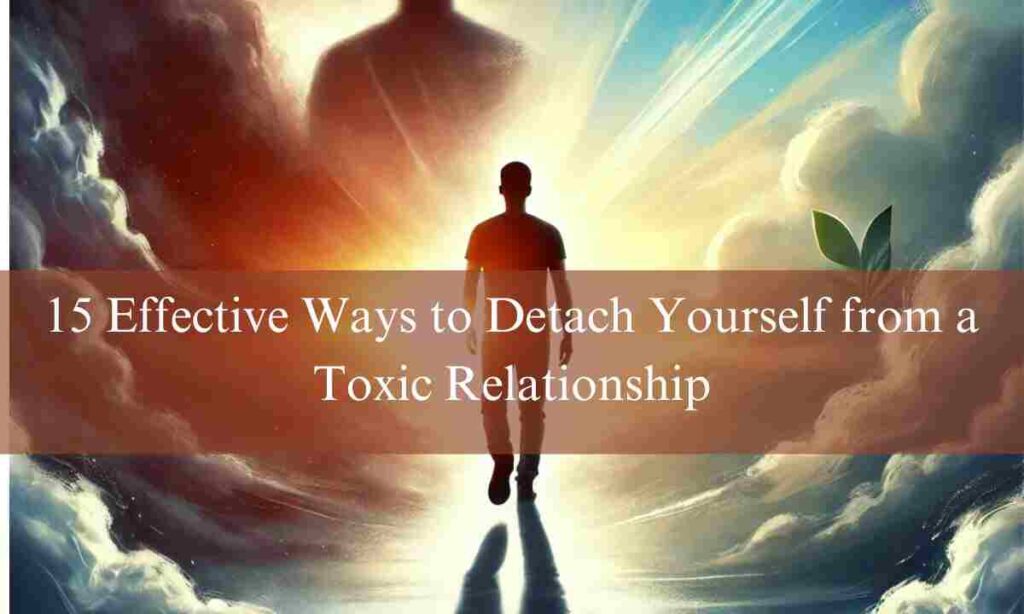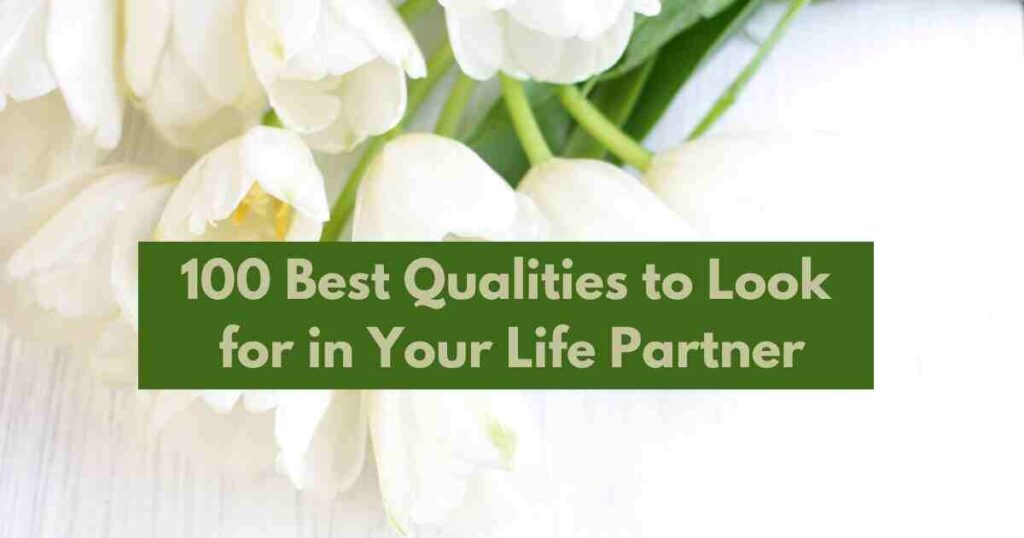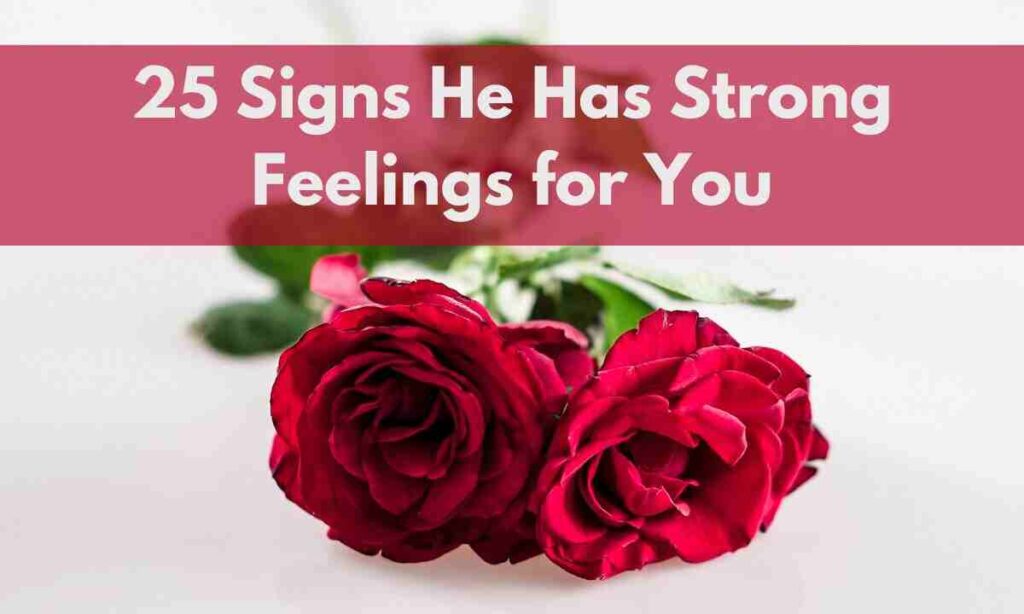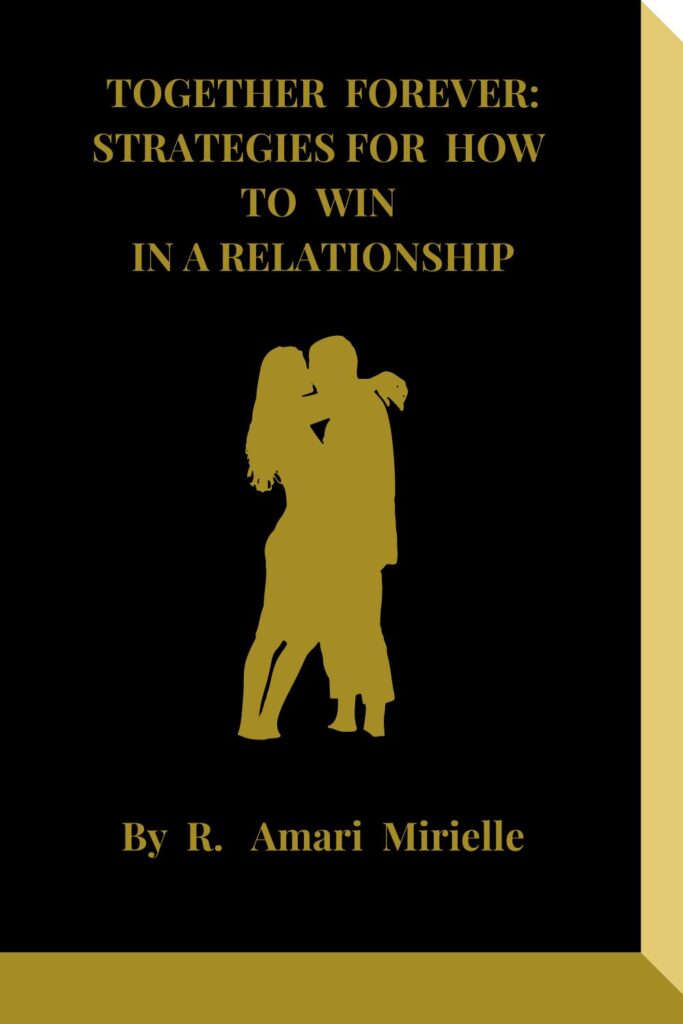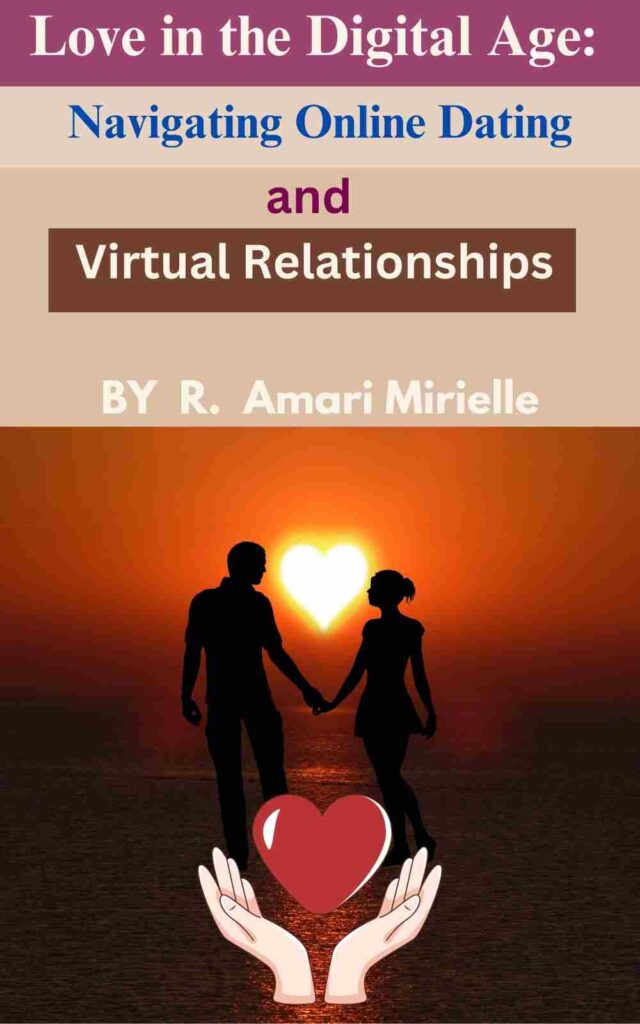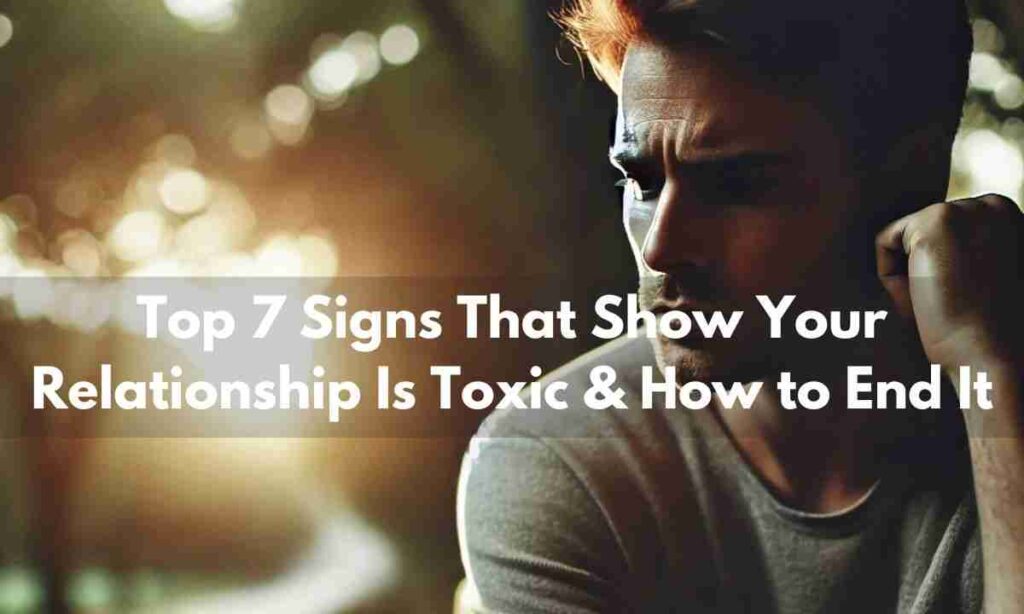
Healthy relationship should bring comfort, support, and personal growth. However, sometimes we find ourselves in a relationship that feels emotionally draining or even harmful to us. Recognizing a toxic relationship can be challenging, especially when emotions are involved. Here are seven signs that indicate your relationship might be toxic and advice on ending it with strength and self-respect.
1. Constant Criticism and Belittling
If your partner constantly criticizes you or makes you feel “less than,” it can damage your self-esteem. Constructive feedback is one thing, but regular put-downs are a red flag in a relationship.
2. Manipulation and Control
A toxic partner may try to control aspects of your life, such as your friendships, activities, or career choices, often disguised as “concern.” Real love allows freedom and individuality.
3. Lack of Trust
Trust issues can create a volatile environment where jealousy and possessiveness overshadow love. Trust is essential; without it, a relationship can feel suffocating and insecure.
4. Frequent Emotional or Physical Abuse
Any form of abuse—be it emotional, verbal, or physical—is a serious sign of a toxic relationship. Abuse erodes your mental health and self-worth over time and should never be tolerated.
5. Isolation from Friends and Family
A toxic partner may try to isolate you from those you care about, leaving you feeling alone and dependent on them. This can be subtle, but it’s a tactic to keep control over you.
6. Feeling Drained and Unhappy
If you’re consistently feeling unhappy, drained, or anxious around your partner, it’s a clear sign something is wrong. Relationships should uplift you, not bring emotional exhaustion.
7. Fear of Speaking Up
If you’re afraid to express yourself for fear of your partner’s reaction, that’s a sign of an unhealthy dynamic. Open communication is key, and if it’s not safe to share your thoughts, it’s time to reconsider.
How to End a Toxic Relationship
Acknowledge the Issue: Accept that the relationship isn’t healthy and understand that it’s okay to prioritize your well-being.
Seek Support: Reach out to friends, family, or a therapist. Having a support system can make the process of ending the relationship easier.
Set Boundaries: Make it clear to your partner that the relationship isn’t working and that you need distance to heal. Be firm and don’t let them manipulate you into staying.
Take Time to Heal: Ending a toxic relationship can be emotionally challenging. Take time to rediscover yourself, build your confidence, and engage in activities that make you happy.
Avoid Contact When Necessary: If the relationship was particularly harmful, consider limiting contact to prevent further manipulation or emotional distress.
Focus on Self-Care: Rebuilding after a toxic relationship takes time. Invest in self-care, personal growth, and surround yourself with positive influences.
Ending a toxic relationship is a courageous step toward a healthier and happier future. By recognizing these signs and taking steps to protect your mental and emotional health, you’re creating space for a life filled with positivity and genuine healthy connections.
RELATED ARTICLES:

